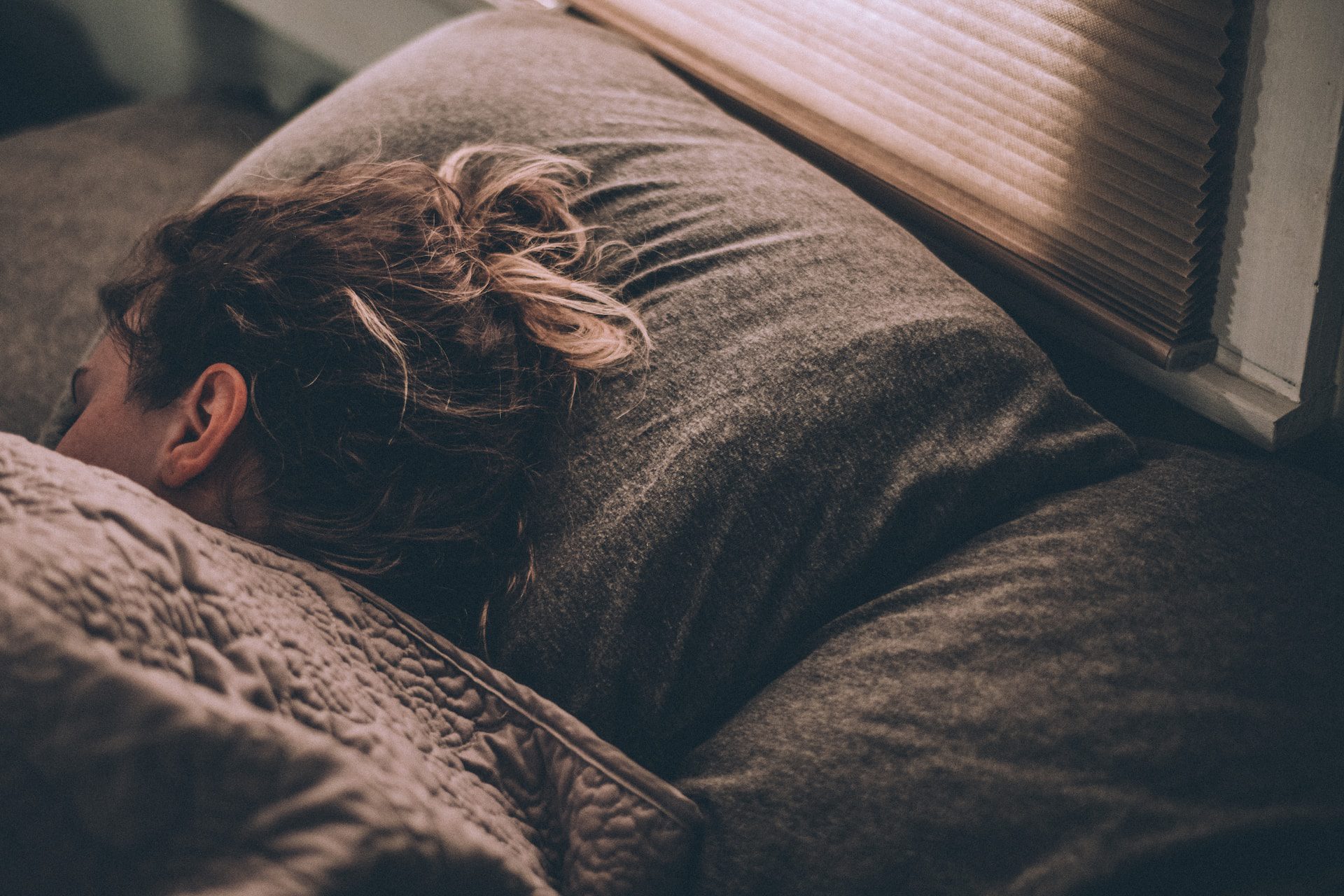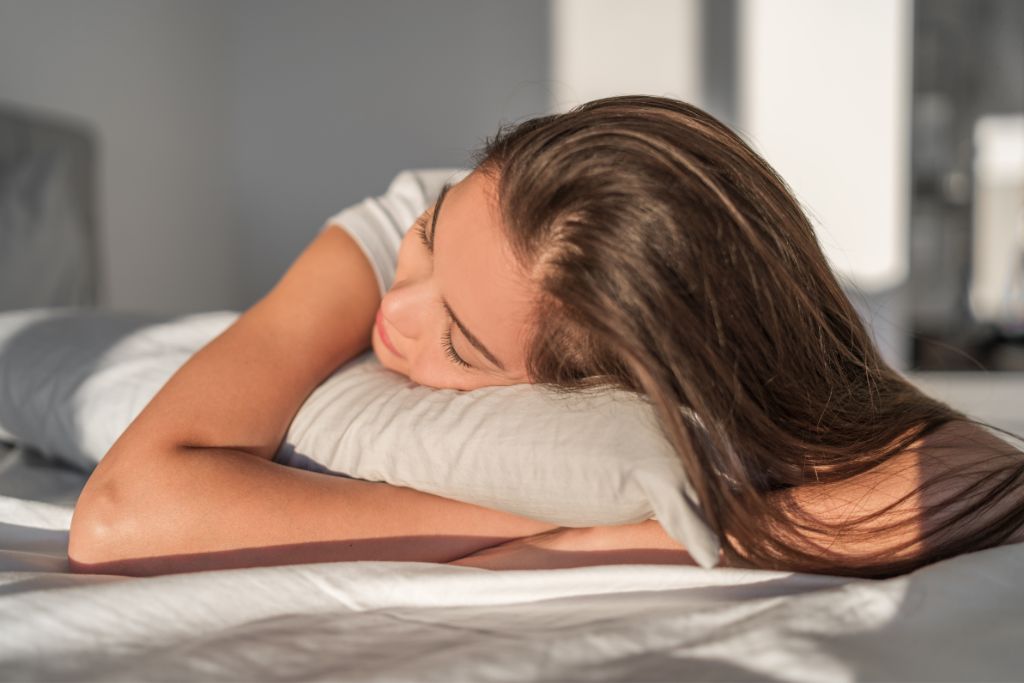Most people spend a third of their lives sleeping, so it shouldn't be a surprise that the way they like to sleep says a lot about who they are. Your sleeping position can tell a lot about you, your health, and even what you dream about. Sleeping on your stomach might make you less likely to snore and help with acid reflux, but it can be hard on your neck and back. Try putting a small pillow or rolled-up towel between your knees to take the pressure off your back.
Side Sleeper
If you sleep on your left side, you're probably more accepting and easy-going than if you sleep on your right. This position can also help prevent snoring, heartburn, and acid reflux. It may also improve the health of the brain by preventing the buildup of waste chemicals that can lead to dementia and other brain problems.
The fetal position is a way to sleep on your side in which you curl up into a ball like a baby in the womb. People who sleep in the fetal position are more likely to have back pain and hip problems, but using pillows to support their spine and keep their shoulders and neck from getting strained can help.


Side sleepers usually need a pillow with more height to keep their spine straight and relieve pressure on their neck and shoulder. They should think about getting a memory foam pillow because they tend to support the head well without going too far into it. For more relaxation, they might also want to try knee pillows or body pillows.
Back Sleeper
The best way to sleep is on your back flat on the bed. This keeps your spine's natural curves. But lying on your back can hurt your neck and shoulders (if you don't use a pillow that fits your head) and cause back pain, especially in your lower back.
Some people who sleep on their backs choose to lie on their stomachs, which can make you stiff and raise your risk of a herniated disc in the lower back. When you sleep on your stomach, you tend to arch your back, which can cause neck pain if you don't have the right head support.


A back-sleeping pillow, like a rolled towel or body pillow, can help you stay in the right position, and putting a pillow under your knees can help relieve pressure on your lower back. If you sleep on your stomach, it may be hard to change, but if your position is causing health problems like snoring or sleep apnea, you should try.
Stomach Sleeper
You are a starfish sleeper if you sleep on your stomach with your legs spread out or your arms up near your head. This pose has been linked to being adventurous and having a strong sense of personal freedom. It may make you snore more and make acid reflux worse.
This way of sleeping also keeps your face from pressing against the pillow for long times, which can help you avoid getting wrinkles on your face too soon. If you do decide to sleep in this position, try using a small, round pillow or even a rolled-up towel to keep your spine's natural curve and relieve neck pain.

Laying in the fetal position can help relieve pain in the back and hips, but it can also put pressure on the neck. To avoid this, try switching up how you sleep. Changing the direction you face while you sleep can help relieve stiffness and pain. You can also ease the pressure on your back by adding a body pillow to your bed.
Sleeping Like a Log
The second most common way to sleep is on your back with your arms by your sides. This is called the "log position." If you're a "soldier sleeper," you might be quiet and shy, but you also have high standards for yourself. People who sleep this way can also be stubborn and hard to get along with.
The least popular way to sleep on your side is in the yearner position, which looks like your legs and arms are reaching out for something. People who like to stand in this way can be open and curious, but they can also be pessimistic and suspicious.


Your favorite way to sleep might not say much about your health, but it might tell us something about who you are. The best way to sleep is different for everyone, but you'll get the best sleep if you find the one that's most comfortable for you. Try sleeping in different ways to see what you like best and what that might say about how you sleep in general.
In the article "What Your Sleeping Position Can Say About Your Health," it is important to recognize the correlation between sleep patterns and overall well-being. However, it is equally essential to address the issue of burnout and distinguish it from laziness. The article "Signs That You're Burnt Out, not Lazy" offers valuable insights into identifying the signs of burnout, such as exhaustion, decreased motivation, and emotional distress. By understanding these distinctions, readers can gain a deeper understanding of their own physical and mental states. To learn more about the signs of burnout and differentiate it from laziness, refer to the informative article "Signs That You're Burnt Out, not Lazy."
Written by VeniVidiVideo
Comments
This post currently has no responses.